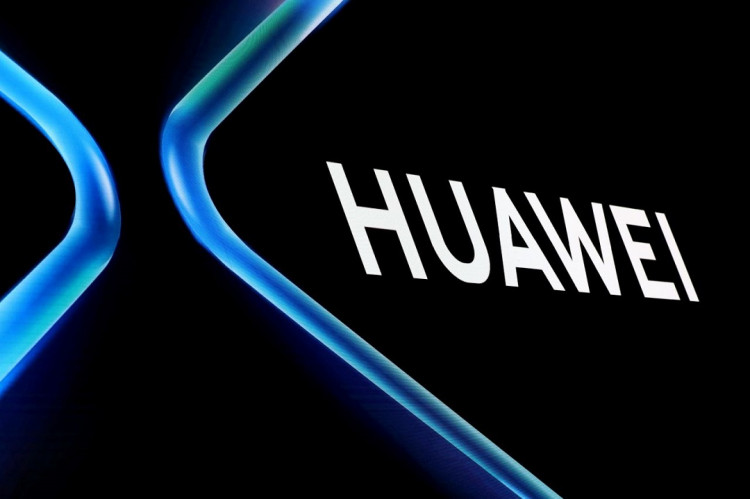Harassed Huawei Technologies Co. Ltd will have to make do with five to six months worth of inventory of the key components it needs to keep its smartphone business going in light of a punishing ban by Washington that prevents all its U.S. suppliers from doing business with it.
Analysts are of two minds if this amount of time is sufficient enough for embattled Huawei to wean itself from its heavy reliance on U.S.-made electronic devices and U.S.-made software, especially Google's Android operating system that runs practically all its smartphones.
They said Huawei's smartphone business has five to six months' worth of inventory for its smartphones. On the other hand, Huawei's 5G networking equipment business has nine to 12 months' worth of supplies, according to financial services and investment firm CLSA Ltd. based in Hong Kong.
The painful reality is Huawei still lacks some critical tech that remains proprietary to the United States.
"For the rest of the year, I think the company should be fine on smartphones and networking equipment," believes CLSA investment analyst Sebastian Hou.
"In the short term, they still have enough inventory to weather through this period, but the inventory will be used up eventually. So how these trade talks will progress in the next few months is still pretty critical to (its) future survival."
On May 16, the U.S. Department of Commerce added Huawei and its affiliates to the Bureau of Industry and Security (BIS) Entity List., which is a blacklist that makes it almost impossible for Huawei to do business with U.S. companies.
The addition of Huawei to the blacklist means U.S. companies can no longer sell or transfer technology to Huawei without a license issued by the BIS.
The Department of Commerce imposed sanctions on Huawei after president Donald Trump on May 15 declared a national emergency to "deal with the threat posed by the unrestricted acquisition or use in the United States of information and communications technology... supplied by persons owned by, controlled by, or subject to the jurisdiction or direction of foreign adversaries."
Hou pointed out that Huawei subsidiary HiSilicon, which designs chips for Huawei equipment can now supply 80 percent to 90 percent of Huawei's needs for semiconductors and integrated circuits. He asserts HiSilicon's capabilities are "stronger than most may know.
Unfortunately for Huawei, its survival hinges on whether Taiwan Semiconductor Manufacturing Company (TSMC), the world's largest contract chipmaker, can keep doing business with it. Analysts agree TSMC is "crucial" to Huawei survival.
The CLSA report said no matter how great HiSilicon's chip designs are, Huawei cannot live without TSMC since TSMC manufactures all HiSilicon's advanced chips. This means TSMC is also critical to Trump's plan to block Huawei and China.
TSMC has said that its shipments to Huawei aren't affected by the U.S. blacklist -- for now.






